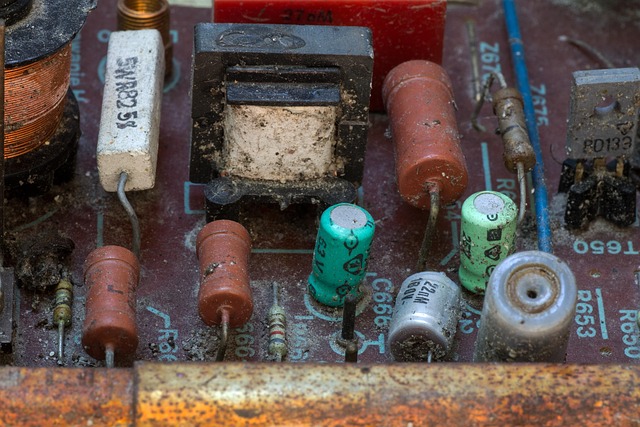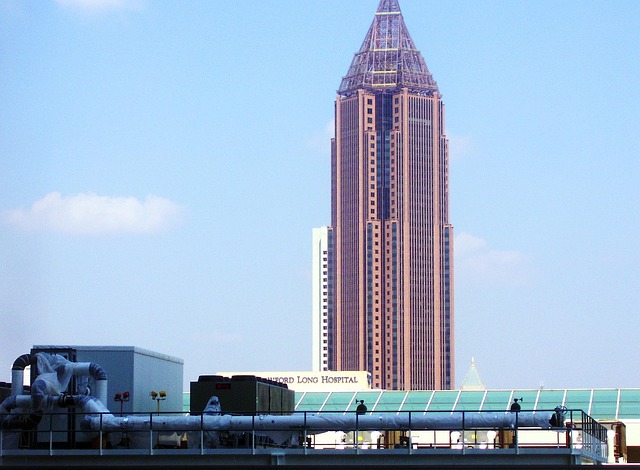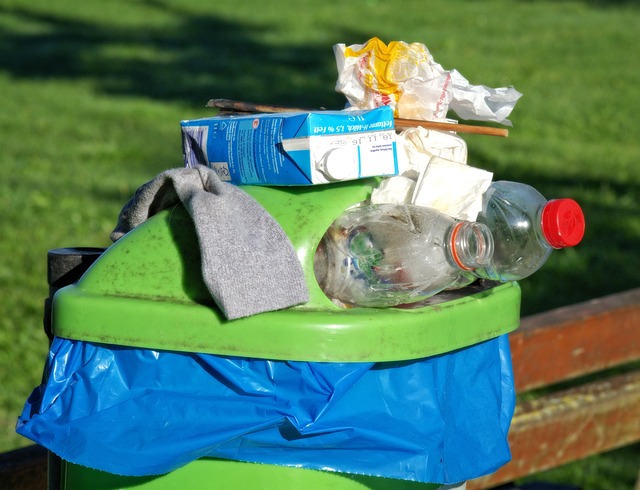IT asset disposal in Boston and New York goes beyond recycling, impacting environmental sustainability, data security, and local economies. Reputable companies offer secure data wiping, complying with regulations and fostering trust. Proper disposal reduces e-waste, recovers materials, prevents landfill harm. Businesses participating contribute to a circular economy while mitigating legal risks. Strict NY state e-waste laws guide responsible practices, transforming electronic waste into valuable resources. Innovative recycling methods and environmental awareness shape the future of sustainable tech disposal in these cities.
“In an era focused on sustainability, recycling servers and networks is more than a trend—it’s essential. This comprehensive guide explores the multifaceted world of IT asset disposal, from understanding the environmental impact to navigating legal considerations. We delve into the process of server and network recycling, offering insights into best practices for data destruction. With local solutions in Boston and NY, we highlight accessible options while also looking ahead to the future of sustainable tech disposal.”
- Understanding IT Asset Disposal Impact
- Server & Network Recycling: The Process
- Legal and Environmental Considerations
- Best Practices for Data Destruction
- Boston & NY: Local Recycling Solutions
- Future of Sustainable Tech Disposal
Understanding IT Asset Disposal Impact

The process of IT asset disposal, particularly in cities like Boston and New York, goes beyond simply recycling servers and networks. It’s a critical step that can significantly impact environmental sustainability, data security, and even local economies. When organizations choose to retire electronic devices through proper disposal programs, they contribute to the reduction of e-waste—a growing global concern. E-waste contains valuable materials that can be reused or recycled, preventing their entry into landfills where they pose significant environmental hazards.
In Boston IT waste collection and New York’s electronic device retirement programs, data protection during disposal is paramount. Reputable disposal companies employ secure methods to wipe clean sensitive data stored on devices, ensuring no traces of confidential information remain. This meticulous approach safeguards personal and corporate data, aligning with regulatory standards and fostering public trust. By participating in these initiatives, businesses can actively contribute to a circular economy while mitigating potential legal and reputational risks associated with improper IT asset disposal.
Server & Network Recycling: The Process

Server and network recycling involves a meticulous process designed to ensure responsible and secure disposal of obsolete or surplus IT assets. It begins with proper evaluation and classification of hardware, considering both functional components that can be repurposed and non-recyclable materials like plastics and metals. This initial phase is crucial for efficient tech garbage removal, ensuring environmental protection and compliance with regulations.
The subsequent steps include data destruction to prevent unauthorized access or identity theft, a critical aspect in IT asset disposal Boston NY services. After data sanitization, hardware is disassembled, allowing for the recovery of valuable components that can be refurbished and resold. This not only promotes sustainable technological byproduct removal but also contributes to cost savings. Technological asset retirement strategies often involve partnerships with specialized recycling centers that employ eco-friendly practices to handle materials responsibly, making it a viable solution for businesses looking to minimize their environmental impact.
Legal and Environmental Considerations

In the realm of IT asset disposal, Boston and New York face distinct legal and environmental considerations that significantly impact how businesses handle old tech disposal guidelines. Companies in these regions must adhere to stringent regulations aimed at protecting both consumers and the environment. The Data Protection Act compliance in NY, for instance, dictates how personal data is handled during computer hardware retirement plans, ensuring that sensitive information doesn’t fall into the wrong hands. Similarly, environmental laws govern the proper disposal of e-waste, focusing on minimizing the impact of old tech on ecosystems and soil contamination.
Business owners and IT managers must be aware of these legal frameworks to avoid hefty fines and penalties. Responsible recycling involves not only following old tech disposal guidelines but also ensuring data protection act compliance NY standards are met. By implementing robust computer hardware retirement plans, organizations can contribute to a sustainable future while steering clear of legal pitfalls.
Best Practices for Data Destruction

When it comes to recycling servers and networks, proper data destruction is paramount to protect sensitive information and maintain compliance with e-scrap handling regulations in both Boston and New York. Before retiring or disposing of any IT assets, organizations should implement best practices for secure data erasure to ensure no trace of confidential data remains. This includes employing specialized software that overwrites or destroys data at the hard drive level, a process known as secure data erasure.
Adhering to these guidelines is not just about legal obligation but also demonstrates a commitment to data security in asset disposal. By following recommended practices, businesses can safeguard their reputation and the privacy of their clients while contributing to sustainable IT recycling practices in Boston and New York.
Boston & NY: Local Recycling Solutions

Boston and New York, two bustling metropolis, offer robust local recycling solutions for IT assets, playing a crucial role in navigating the challenges of IT asset disposal while adhering to stringent NY state e-waste laws. These urban centers have recognized the importance of responsible information technology garbage collection and established comprehensive programs to address the growing issue of electronic waste.
The process involves careful data protection during disposal, ensuring that sensitive information remains secure even as devices are repurposed or recycled. By embracing these initiatives, both cities contribute to a sustainable future by minimizing the environmental impact of e-waste, transforming it from a potential hazard into valuable resources while setting an example for other regions across the country.
Future of Sustainable Tech Disposal

The future of sustainable technology disposal lies in innovative recycling methods and a growing awareness of environmental responsibility, especially in bustling metropolitan areas like Boston and New York. As the tech industry continues to evolve, so does the importance of proper IT asset disposal. The IT equipment disposal regulations in NY are becoming increasingly stringent, reflecting a global shift towards eco-friendly practices. By embracing advanced recycling techniques, businesses can contribute to a greener future while ensuring their electronic waste is responsibly managed.
In this regard, recycled electronics suppliers and asset retirement solutions providers play a pivotal role in the metropolitan area. They offer specialized services, allowing companies to offload old IT servers and networks ethically. These professionals employ cutting-edge technologies to disassemble and process electronics, extracting valuable materials that can be reused. This not only minimizes environmental impact but also provides an opportunity for businesses to recoup some costs associated with tech obsolescence.
Recycling servers and networks is not just an eco-friendly practice, but also a responsible approach to IT asset disposal. By understanding the impact, adhering to legal guidelines, and implementing best data destruction practices, businesses can contribute to a sustainable future. In cities like Boston and New York, local recycling solutions make it convenient for companies to responsibly manage their end-of-life tech. Looking ahead, the trend towards sustainable tech disposal is a game-changer, ensuring that our digital landscape remains environmentally friendly and legally compliant.














